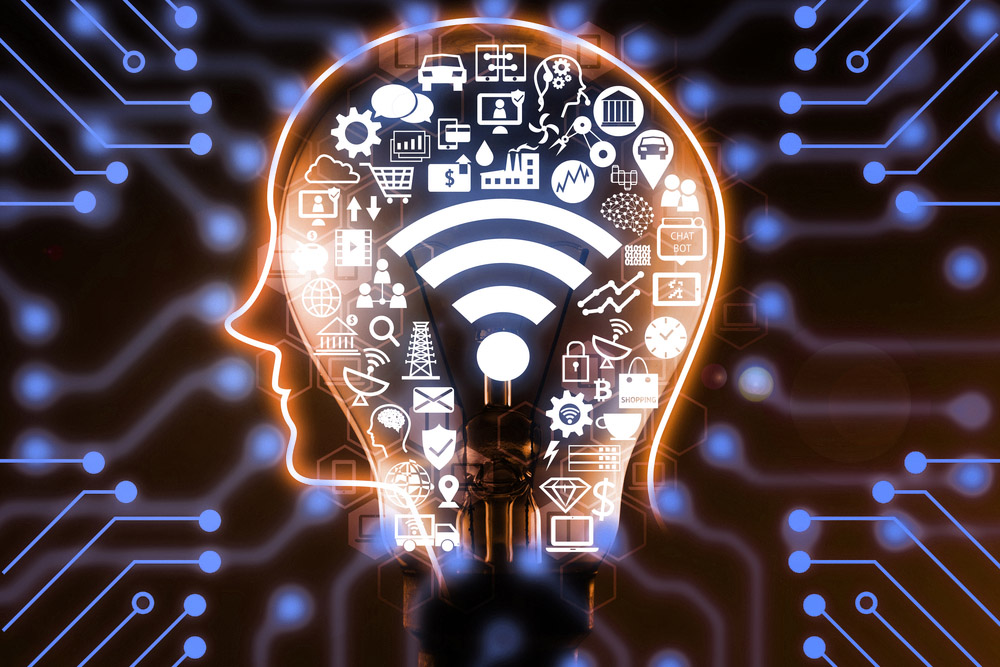The Internet of Things (IoT) is disrupting life as we know it, from our homes and offices, to connected cities and beyond. As IoT streamlines business processes, it empowers our ability to connect with people, systems and environments that shape our daily lives, and can vastly contribute to improving efficiencies within our organisations.
In particular, IoT can help the healthcare sector to advance innovative projects within the NHS. These include the ‘Diabetes Digital Coach’ which provides remote monitoring technology to permit effective self-management of diabetes, and ‘Technology Integrated Health Management (TIHM)’ which creates wearables to help patients with dementia remain in their homes for longer.
The significance of IoT on the business world was highlighted in Networkers’ recent Technology: Voice of the Workforce research. In our survey of over 1,600 technology professionals, we found that 40% believe IoT will be the biggest future challenge for the tech industry. Crucially, 64% don’t believe their company embraces technology which will allow them to adapt for the future.
So, how can businesses guarantee they are equipped to handle IoT?
First, they need to ensure that senior decision makers are prioritising IoT, and developing employee roles within the workforce. At a high level, a Chief Internet of Things Officer (CIoTO) will keep the importance of IoT at the forefront of executives’ minds. In wider teams, there is a need for full stack developers, whose knowledge extends beyond basic software and who possess the ability to incorporate hardware programming into their skillsets.
The challenge companies will face when building this workforce, is finding the right skills. Our research found that 57% of tech professionals believe there is a skills shortage in the technology sector. As demand is outstripping supply for IT professionals who are well-equipped to deal with IoT, it will be crucial for companies to build and retain core IT skill sets.
With the number of connected things due to increase to more than 20 billion by 2020 (Gartner)[1], the pressure is on for companies to invest in IoT systems that are secure. IoT, often dubbed the ‘Internet of Hackable Things’, is vulnerable due to the high number of devices containing confidential data that are at risk of attack from cyber criminals. Consequently, the big IoT players are creating partnerships to deliver IoT ecosystems, for one simultaneous authentication across multiple devices, improving security and accelerating processes.
Ultimately, to embrace IoT, public and private organisations need to build prepared workforces and develop systems that are secure. The interconnectedness of our society will benefit as a result.




